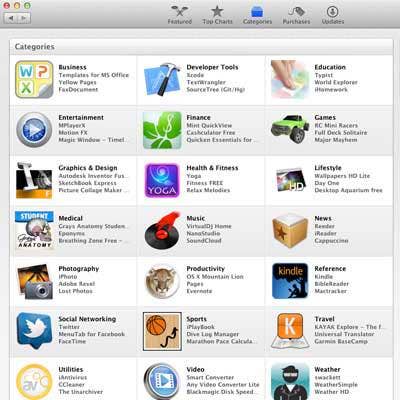5 Companies That Had A Rough Week

The Week Ending Nov. 13
Topping this week's roundup of companies that had a rough week is the tough ride Cisco and its shareholders had when a bleak forecast for the company's second fiscal quarter sent Cisco share prices tumbling.
Also making the list was Juniper Networks' falling stock price following news of the Cisco-Ericsson alliance, the consumer lawsuit filed against AMD over the number of "cores" in its Bulldozer CPU, the security breach at prison phone service provider Securus Technologies, and the chaos created for Mac App Store users by an expired security certificate.
Not everyone in the IT industry was having a rough go of it this week. For a rundown of companies that made smart decisions, executed savvy strategic moves – or just had good luck – check out this week's 5 Companies That Came To Win roundup.

Cisco Offers Bleak Outlook For Q2
Cisco Systems' first-quarter earnings released this week may have beaten Wall Street's expectations, but it was the company's decidedly downbeat guidance for the current (second) fiscal quarter that caught everyone's attention.
CEO Chuck Robbins (pictured) said the networking company is anticipating lackluster revenue growth between flat and 2 percent for the current quarter, guidance that he admitted is below what investors had been expecting. He said order growth in Q1 was lower than expected, driven by macroeconomic uncertainty and currency fluctuations. Earnings per share are expected at just $0.53 to $0.55.
Prices of Cisco shares fell more than 5 percent Friday morning on the lowered sales and earnings forecast.

Juniper Stock Takes Sharp Drop In Wake Of Cisco-Ericsson Partnership
Cisco wasn't the only company getting beat up by Wall Street this week. Juniper Networks saw the price of its stock dive nearly 10 percent Monday after news broke of a joint development pact between archrival Cisco and mobile communications giant Ericsson. The stock recovered some later in the day, ultimately closing down 8 percent.
Juniper's shares took the hit because the Cisco-Ericsson alliance ends long-running speculation that Ericsson might acquire Juniper because of the latter's strong networking business.
The Cisco-Ericsson alliance centers on developing next-generation service provider networks and new Internet-of-Things platforms and services. It's expected to generate $1 billion in revenue for each company by 2018.

AMD Hit With Customer Lawsuit Alleging Misrepresentation Of Chip Specs
Chip manufacturer Advanced Micro Devices found itself on the wrong end of a class-action lawsuit this week centered on the seemingly arcane question of what constitutes a CPU "core."
The suit, filed in the U.S. District Court for the Northern District of California by consumer Tony Dickey, charges AMD with misrepresenting the specifications of its Bulldozer CPUs. AMD says the CPUs have eight cores that can perform eight calculations simultaneously, but the suit says the CPUs are designed around four component-sharing modules rather than eight independent cores.
Trouble is, as several system builders told CRN, there is no clear definition of what constitutes a "core." What's clear is that the lawsuit constitutes a headache for AMD at a time the chip maker is trying to turn itself around.

S ecurus Technologies Reportedly Hit With Major Security Breach
Securus Technologies, which provides phone services to many prisons nationwide, has been hit by a security breach that compromised 70 million records across 37 states – including 14,000 phone recordings of likely confidential attorney-client conversations.
The breach, first reported this week by The Intercept, compromised records from December 2011 to spring 2014.
While certainly an embarrassment for Securus – it's providing phone services to secure prisons, after all – the incident also throws into question the security of Voice-over-IP systems that are used by many businesses today. It particularly shines a spotlight on vulnerable call data saved by VoIP systems.

Expired Security Certificate Hits Mac App Store Customers
Customers who downloaded applications from the Mac App Store Wednesday and Thursday discovered they were unable to open the software because Apple failed to renew a security certificate.
The certificate is designed to prevent software piracy and verify that applications are legitimate. But when the certificate expired Wednesday afternoon, downloaded applications didn't have that electronic receipt and users encountered error messages when they tried to open the downloaded software.
Apple corrected the problem by issuing a new certificate. But customers had to re-authenticate with the Mac App Store using their account information or even delete the app they bought and download new copies, according to published reports.